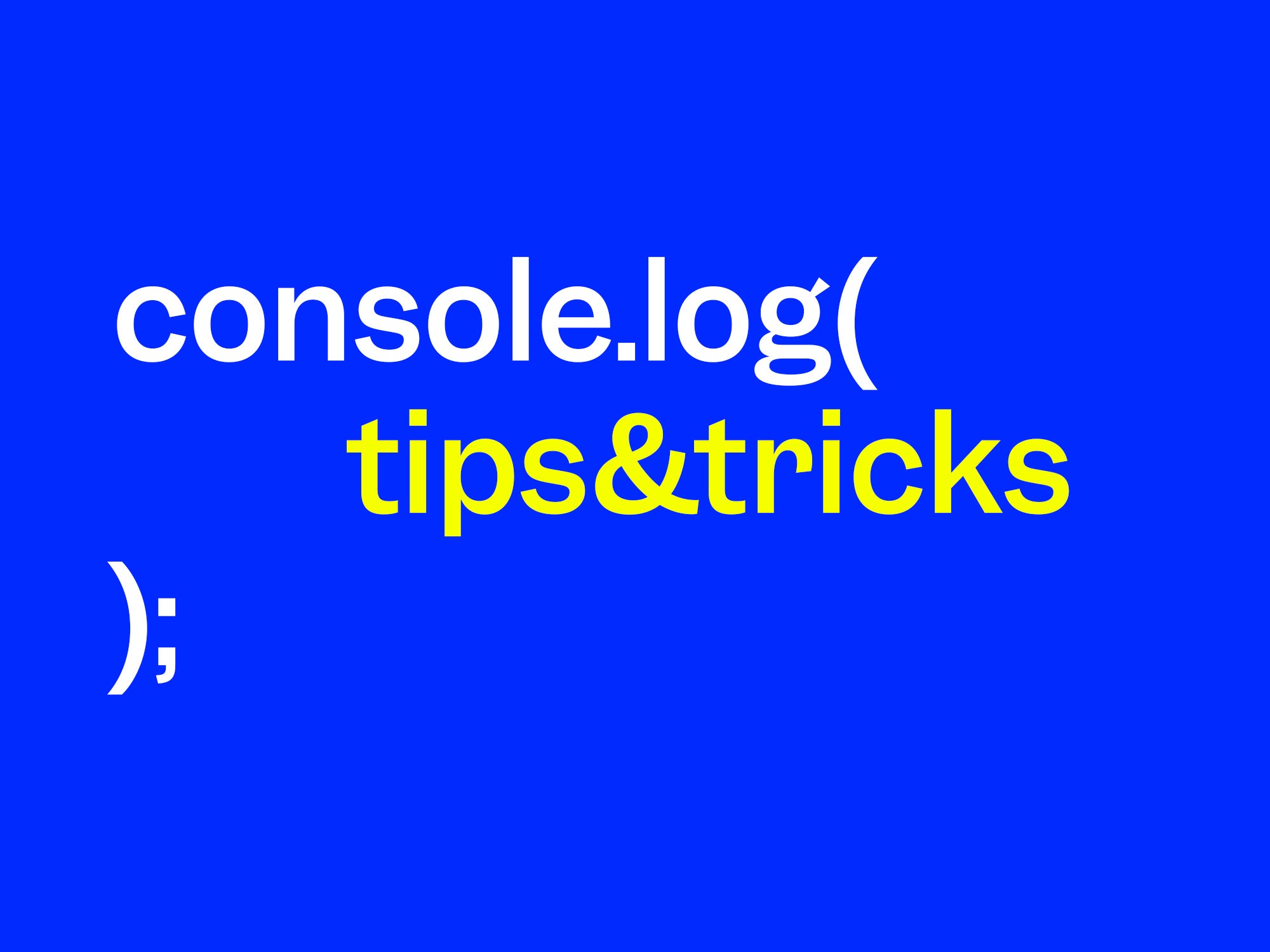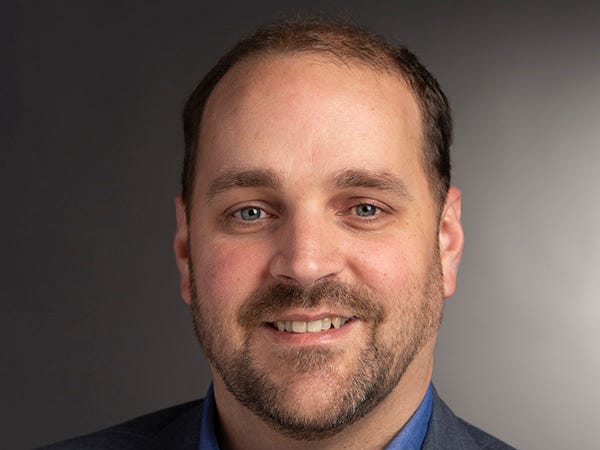
Rebecca Zisser/BI
Software engineering appeared in the top 10 of Glassdoor’s “Best Jobs in America” list in 2022, but it’s become more challenging to land these positions in recent years.
Job openings for software engineers on Indeed have plummeted more than a third compared to 2020 — and in 2022, there were three times the number of these roles listed on the site that there are today.
AI tools are also causing worry for many job seekers. Salesforce CEO Marc Benioff announced a hiring freeze for software engineers in 2025 and soon after announced layoffs of 1,000 employees.
If you aspire to become a software engineer, especially in a tough market like this one, it helps to have some inside guidance. Five software engineers and industry experts shared their best tips, insights, and strategies for anyone new to the field with Business Insider.
1. Do the right thing, the right way, at the right time
Yehudit Nathan, who leads six teams of 28 engineers as the senior director of engineering at the fintech Octane, said it’s always best to “do the right thing, the right way, at the right time.”

Octane
“The industry has changed as the world has moved to a faster, instant gratification type of life,” she said. “You need to be able to think how you can develop something that’s actually needed now and not too far in the future. If you think too far into the future, you could miss your window to succeed.”
2. Seek out a company that aligns with your values
Sylvana Santos worked at Codecademy from 2020 until February 2025, when she joined Maribel Health as a full-stack engineer.

Courtesy of Sylvana Santos
She said that since many tech companies are mission-driven and looking for people equally passionate about helping them build their products, you can use that knowledge when applying for entry-level positions.
“Dedicate some time to finding companies closely aligned with your experiences, values, and goals,” Santos said. “Craft a cover letter template that speaks to who you are and what drives you. When you find a company that seems like a good fit, you can tweak that cover letter so there’s a clear story.”
3. Avoid coding in a bubble
Another tip from Santos is to avoid coding in a bubble by using the software development technique of pairing, where two engineers work together — virtually or in person — in real time on the same code.
“Pairing is the best way to learn, especially at the beginning of your career,” Santos said. “It’s a great way to gain technical knowledge and optimize your workflow.”
Santos told BI that she learned many VSCode shortcuts and debugging tricks while pairing with other engineers.
4. Seek mentorship and mentor others
She also suggested that newbies find engineers with strong mentorship skills and set up pairing time with them. “Be willing to ask questions and seek feedback,” Santos said. “I wouldn’t have discovered those VSCode shortcuts if I didn’t ask, ‘Hey, how did you do that so quickly?'”
Santos emphasized that knowledge sharing as you gain skills can help advance your early career. “Just because you’re just starting doesn’t mean you don’t have valuable information that might be useful for others,” she said. “This can also provide a talking point for self-reviews and promotion packs.”
Santos recommended working with a mentor or manager to seek opportunities to share your learnings with or outside your team.
5. Demonstrate your adaptability
Whether you’re on the job hunt or starting your first engineering role, Santos believes it’s important to show that you’re willing and able to step outside your comfort zone.
“This shows employers that you’re adaptable and proactive — someone who embraces learning and isn’t afraid of the unknown,” Santos said.
6. Collaborate whenever possible
Jacqueline Garcia is a senior software engineer at CircleCI, an integration and delivery platform for software innovation, where she’s worked since 2018. Garcia is passionate about communication and collaboration within and beyond her team.
If you’re a new engineer, she advises that you collaborate with other engineers on your team — especially more experienced members.

Courtesy of Jacqueline Garcia
“This will help you level up your skills very quickly,” Garcia said. “It’s also a great way to get guidance and feedback in real time.”
7. Don’t be afraid to ask questions
Garcia also stressed that beginners should know it’s OK not to know something. “Focus on staying curious about learning new things and being OK with being in situations where you don’t know all the answers,” she said. “Those are usually the best opportunities to become a better engineer.”
She recommended that fresh engineers not be afraid to ask questions — no matter how trivial you think others might think they are. “By asking questions, you’ll build important skills for handling ambiguity down the line,” Garcia said.
8. Identify unmet needs and address them
Asif Savvas — a former Oracle employee who is now cofounder and chief product officer at Simeio — manages his company’s entire engineering team. He advises that industry newcomers focus on identifying unmet needs in their organization and the market and then explore opportunities to address them.

Courtesy of Asif Savvas
“Instead of merely following trends, innovate and offer differentiated services to fulfill business needs,” Savvas said. “Becoming an expert on a new, emerging language or challenge can help you carve out a clear role within your current organization or land you a dream job.”
9. Take a holistic approach
Savvas also advised taking a holistic approach when identifying your specific role as a software engineer. He emphasized that if you can level up your thinking to be strategic even as a new employee, you’ll be ahead of your peers and positioned to become a leader.
“Look at the bigger picture when solving real-world problems for customers and businesses,” Savvas said. “Understand the underlying issues driving demand for your team’s services and consider all relevant factors, including people, processes, and tools to develop effective strategies.”
10. Tread lightly with jargon
Samuel Malachowsky, principal lecturer in the software engineering department at Rochester Institute of Technology, has over 20 years of experience in the industry. Before teaching, he served as a software engineer and technical project manager.

Courtesy of Samuel Malachowsky
Today he works with his team at RIT to create free Software Engineering labs and often tells his students to be careful how they use industry buzzwords or jargon, as this can backfire — akin to using a few words of a foreign language and immediately regretting doing so.
He said that while the terms are important, it’s more important to understand the essence of the jargon than the terms themselves, flagging “agile,” “scrum,” and “DevOps” as examples.
“In résumés, I would much prefer something like ‘Experience with iterative models, especially direct customer interaction’ than ‘Scrum Certified,'” he said.
“In interviews, just asking an applicant what ‘DevOps’ means can create panicked, stumbling responses. But if I asked someone for examples of deployment toolchains they’ve worked with, a much more useful conversation would likely ensue.”
The post 10 tips for early career software engineers, from industry veterans appeared first on Business Insider.




